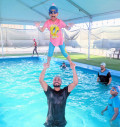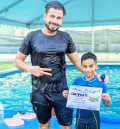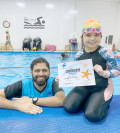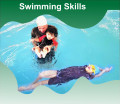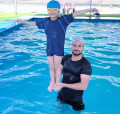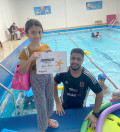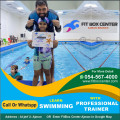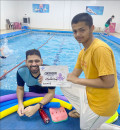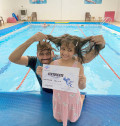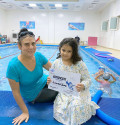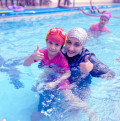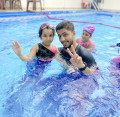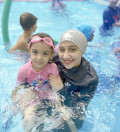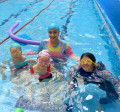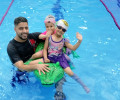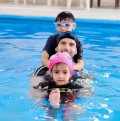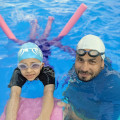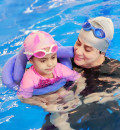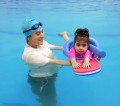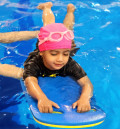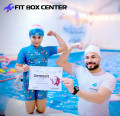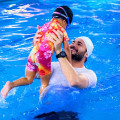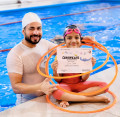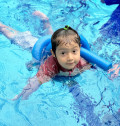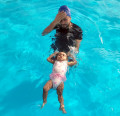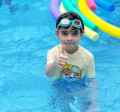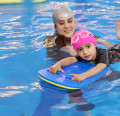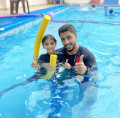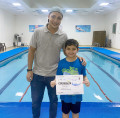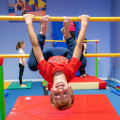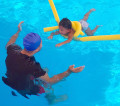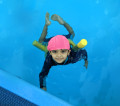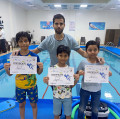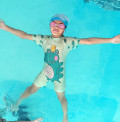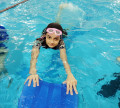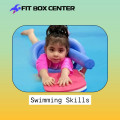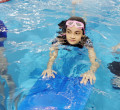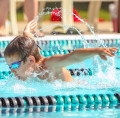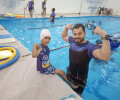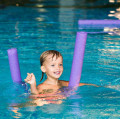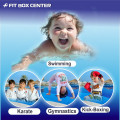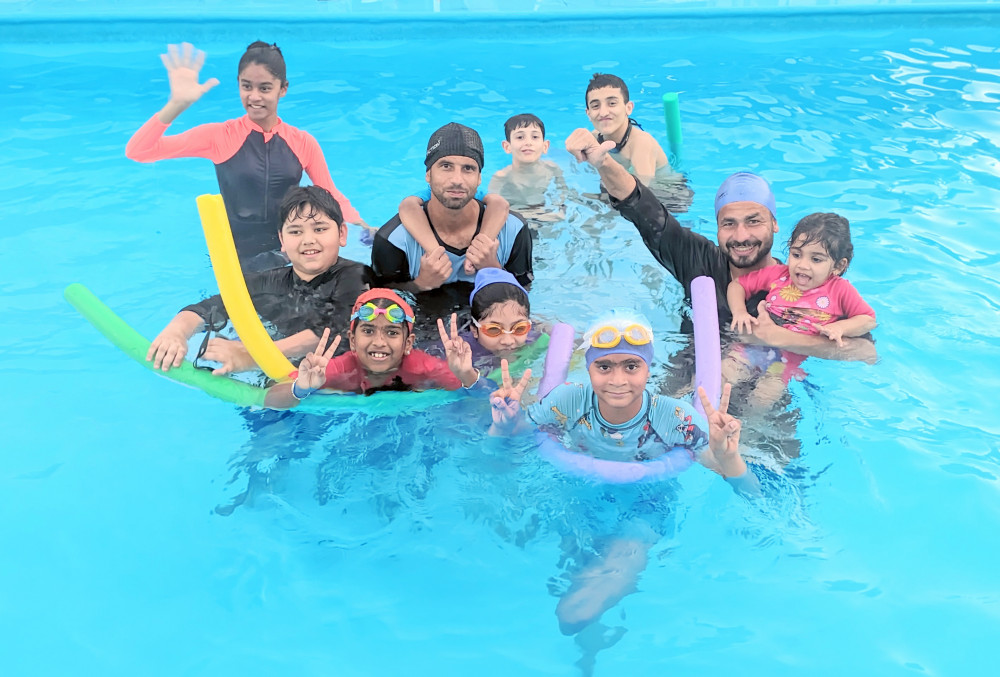
Swimming for Kids Building Confidence through Water Fun
2024-10-03 - swimmingIntroduction
Swimming is one of the most essential and enjoyable activities for children. Not only does it provide a fun way to stay active, but it also offers incredible benefits that go far beyond just physical exercise. One of the key advantages of swimming for kids is the confidence it helps to build. Whether they're learning basic skills or mastering advanced strokes, children who swim regularly tend to develop a stronger sense of self-assurance. In this article, we’ll explore how swimming fosters confidence in kids, along with the many other benefits this lifelong skill offers.
Developing Confidence Through Swimming
Overcoming Fear of Water
For many kids, the first experience with water can be intimidating. Whether it’s the vastness of the pool or fear of the unknown, the initial fear is real. However, through consistent exposure and patient instruction, children learn to overcome their fear. Step by step, they begin to feel more comfortable in the water, eventually developing a sense of mastery over it.
Gaining Mastery of New Skills
Learning how to swim involves conquering new skills one by one—from floating to breathing techniques and various swim strokes. With each small achievement, a child’s confidence grows. As they advance, children begin to see themselves as capable and resilient, learning that hard work and persistence lead to success.
Social Skills and Teamwork in Swimming
Learning to Work with Others
Many swimming lessons are conducted in group settings, where kids learn alongside their peers. This environment fosters teamwork and cooperation. Kids cheer each other on, celebrate successes together, and help each other improve, all of which builds a sense of camaraderie and shared accomplishment.
The Role of Group Swimming Lessons
Group swimming lessons provide children with the opportunity to develop social skills while they practice swimming. They learn to follow instructions, wait their turn, and support their peers. These experiences teach valuable life skills such as patience, cooperation, and empathy.
Physical Health Advantages of Swimming
Enhancing Strength and Coordination
Swimming requires the coordination of multiple muscle groups. As children practice, they improve their overall strength and motor skills. Swimming also enhances hand-eye coordination and balance, both of which are essential for general physical development.
Improving Cardiovascular Health
Swimming is an excellent way to improve cardiovascular health. It gets the heart pumping without putting too much strain on growing bodies, making it a safe yet effective way to build endurance. Regular swimming can lead to improved lung capacity and a healthy heart.
Mental Health Benefits of Swimming
Stress Relief and Relaxation
The calming effect of water combined with rhythmic breathing techniques makes swimming a powerful stress reliever. Children who swim regularly often find it easier to manage stress, focus on their tasks, and maintain emotional balance.
Boosting Mood and Mental Clarity
Swimming has been linked to the release of endorphins, which are natural mood boosters. These “feel-good” hormones help children maintain a positive attitude, improve their mental clarity, and reduce symptoms of anxiety.
Swimming as a Lifelong Skill
The Value of Swimming for Personal Safety
Learning to swim is a critical life skill, particularly when it comes to water safety. Once a child has learned how to swim, they are far less likely to panic in water, and they’re better equipped to avoid dangerous situations.
How Swimming Translates to Other Areas of Life
The discipline and perseverance that children learn through swimming are valuable traits that can be applied to other areas of life, such as academics, sports, and personal relationships. These skills help children understand the importance of persistence and patience in achieving their goals.
Swimming and Cognitive Development in Children
Enhancing Focus and Discipline
Swimming requires children to concentrate on their movements, breathing patterns, and the rhythm of their strokes. This focus and discipline can carry over into other activities, helping kids with their academic and personal pursuits.
Encouraging Problem-Solving Skills
Swimming challenges children to think critically and solve problems, especially when learning new techniques or overcoming challenges in the water. These problem-solving skills are essential for cognitive development.
Building a Routine: Starting Swimming Early
When to Introduce Children to Swimming
Experts recommend introducing children to swimming as early as six months old. Starting early helps kids become familiar with water and builds the foundation for swimming skills later in life. The earlier a child starts, the more natural swimming will feel.
Choosing the Right Swimming Program
When selecting a swimming program, parents should look for certified instructors, a safe environment, and a focus on both skill development and fun. A good program will balance technical instruction with games and activities that keep children engaged.
Addressing Common Fears in Young Swimmers
Tips to Help Children Feel Safe
For children who are hesitant, it’s essential to create a positive association with water. Start with shallow water play, using toys and games to make the experience enjoyable. Gradually introduce deeper water as the child becomes more comfortable.
Encouraging Gradual Progression
Instead of pushing children too quickly, allow them to progress at their own pace. Celebrate small achievements and provide plenty of encouragement to build their confidence in the water.
Parental Involvement in Swimming
The Role of Parents in Swimming Development
Parents play a crucial role in supporting their children’s swimming journey. By attending lessons, providing encouragement, and practicing water safety at home, parents can create a positive swimming experience.
How to Support Children’s Growth in the Pool
Parents can help their children by offering praise, staying involved in their progress, and encouraging them to set personal goals in swimming. Practicing together as a family can also reinforce swimming skills and build a deeper connection.
Water Safety Education
Teaching Kids to Respect Water
Water safety is just as important as learning how to swim. Kids should understand the dangers of water and the importance of following safety rules, both at the pool and in natural water environments.
The Importance of Supervision
Children should never swim alone, and adult supervision is key to preventing accidents. Teaching children about the importance of having a responsible adult nearby while swimming ensures a safer experience.
.






















































